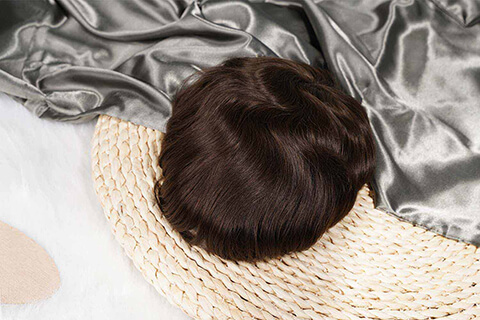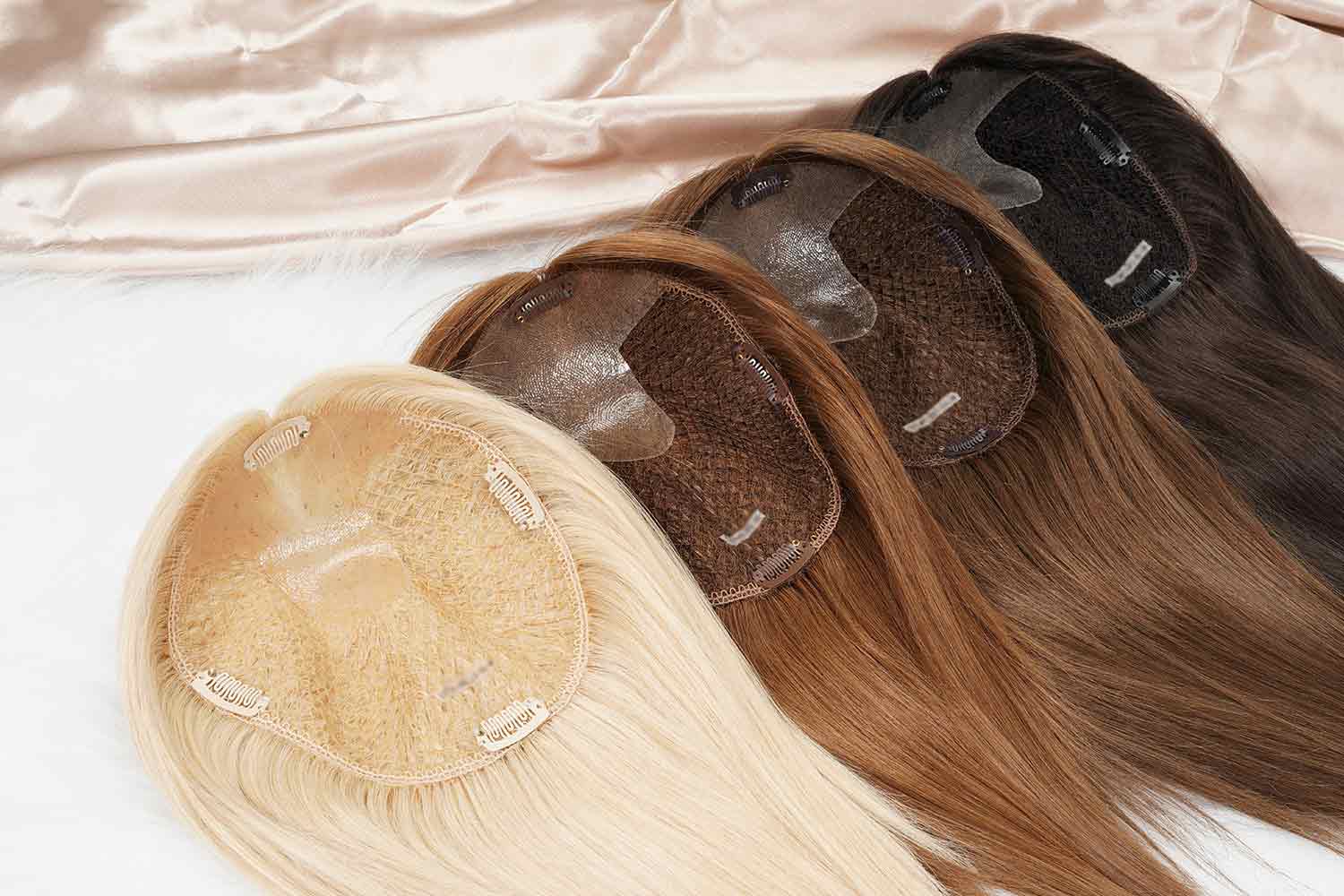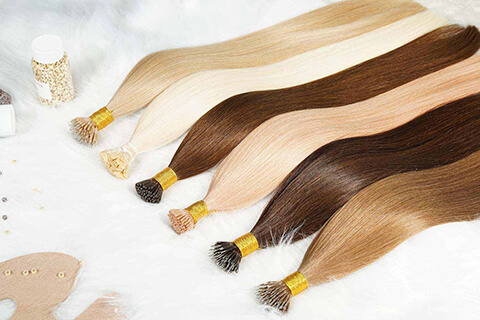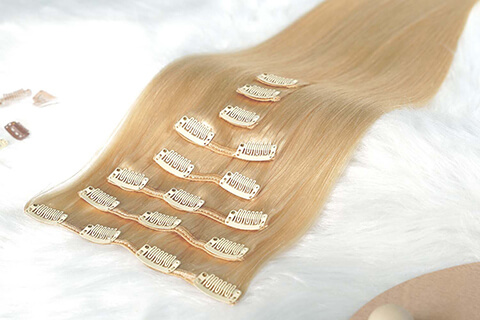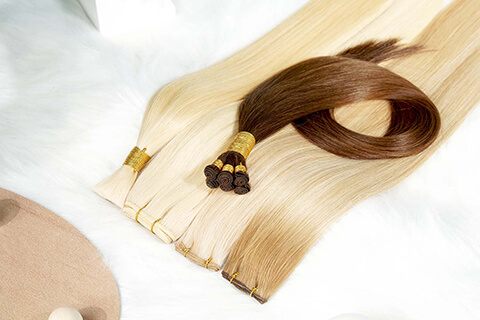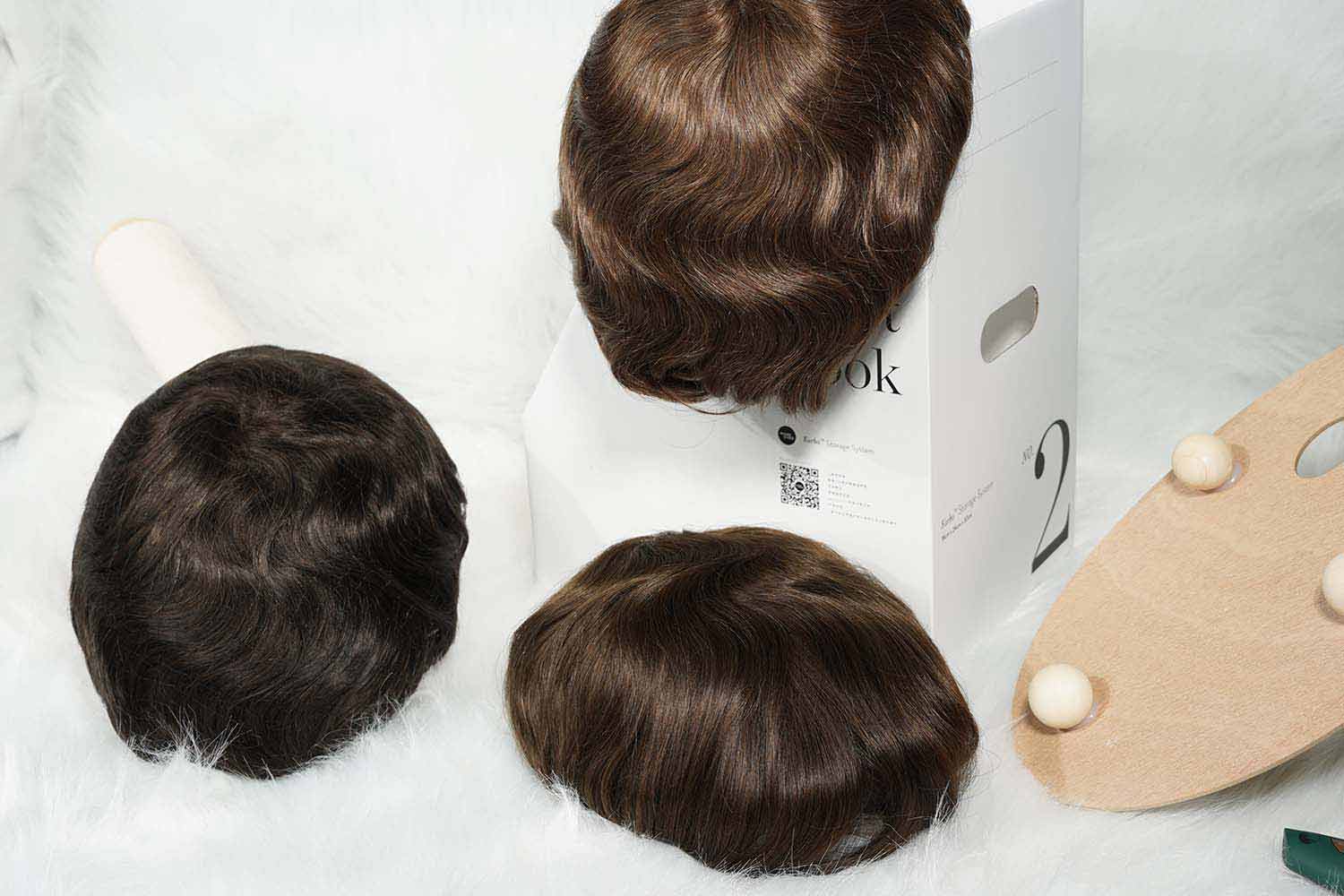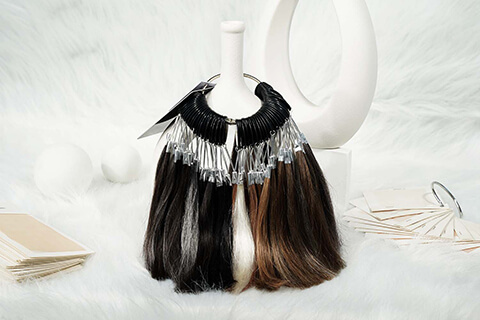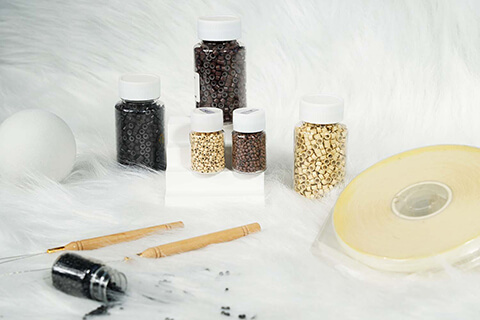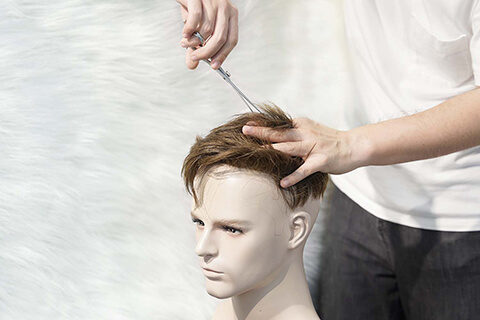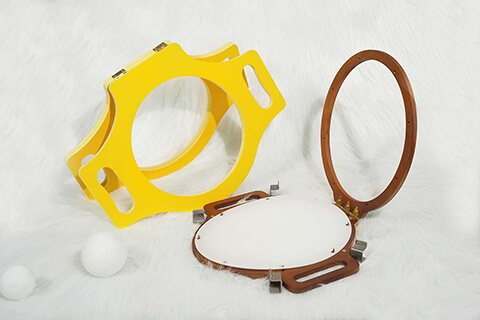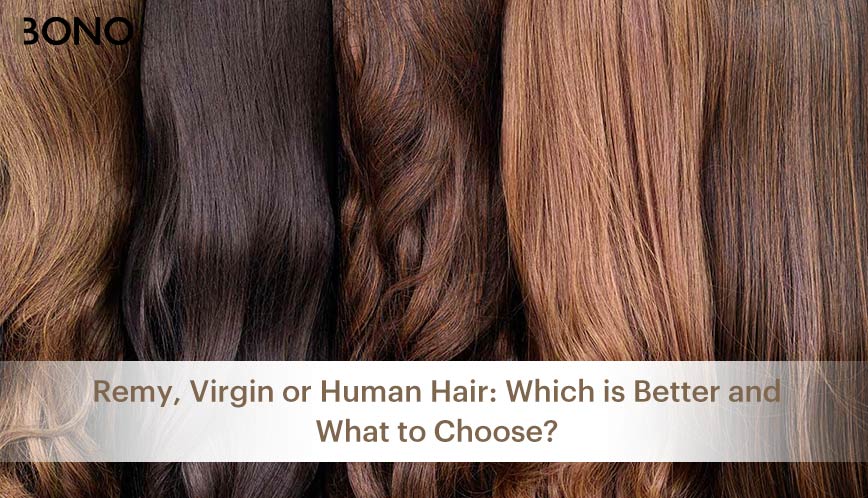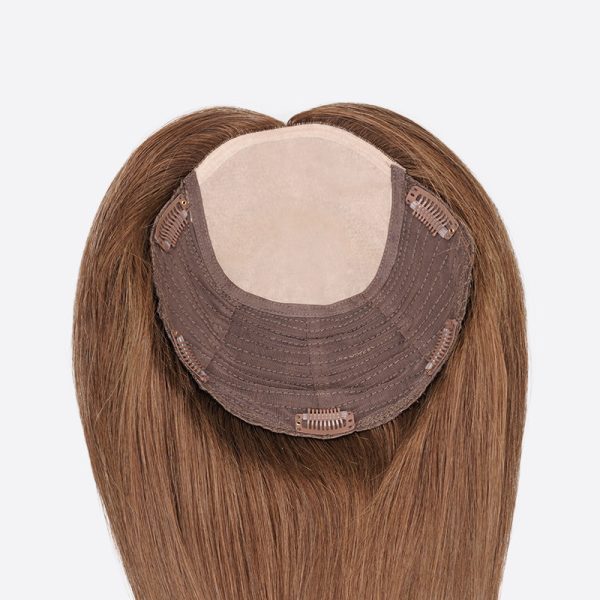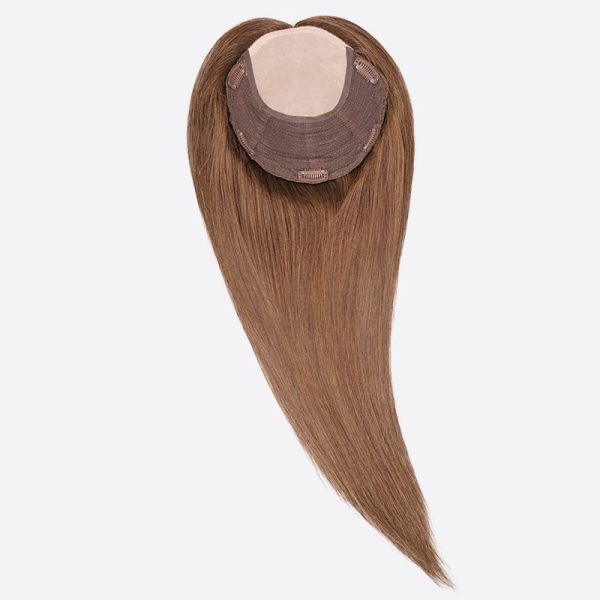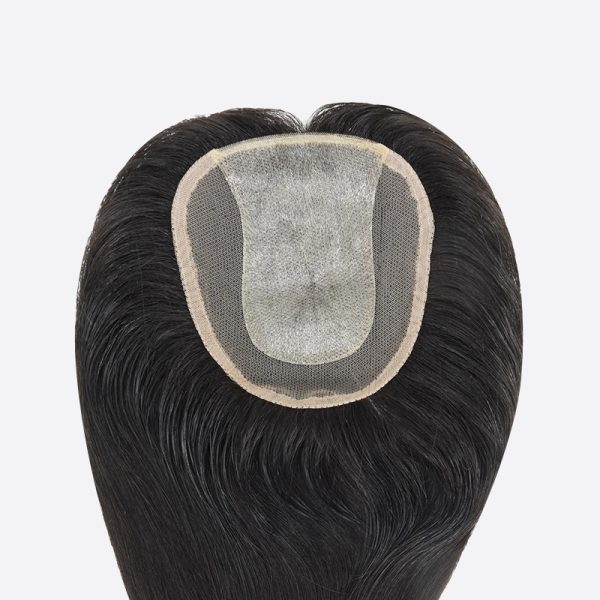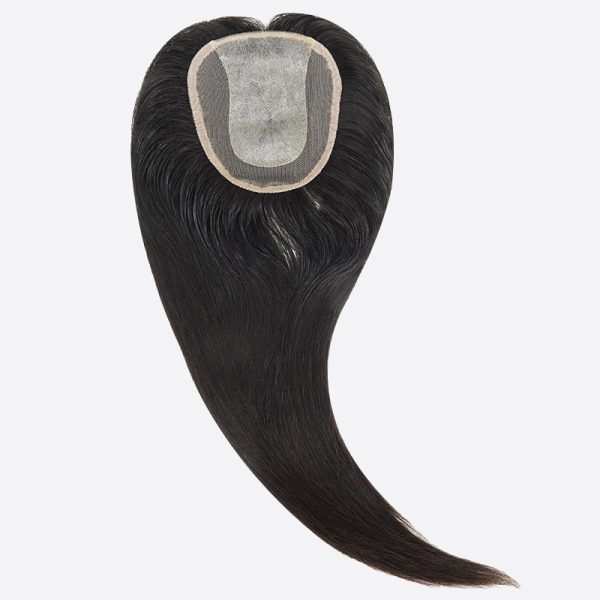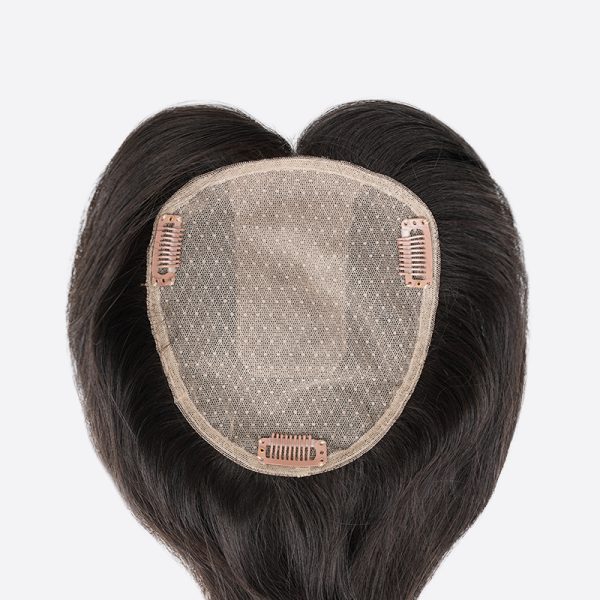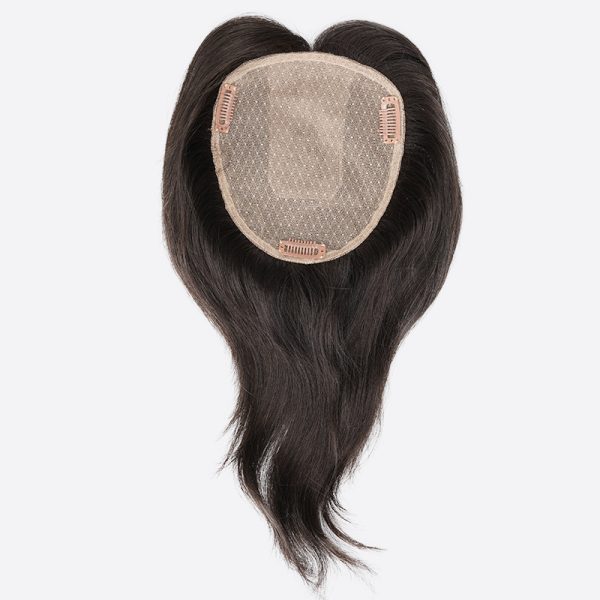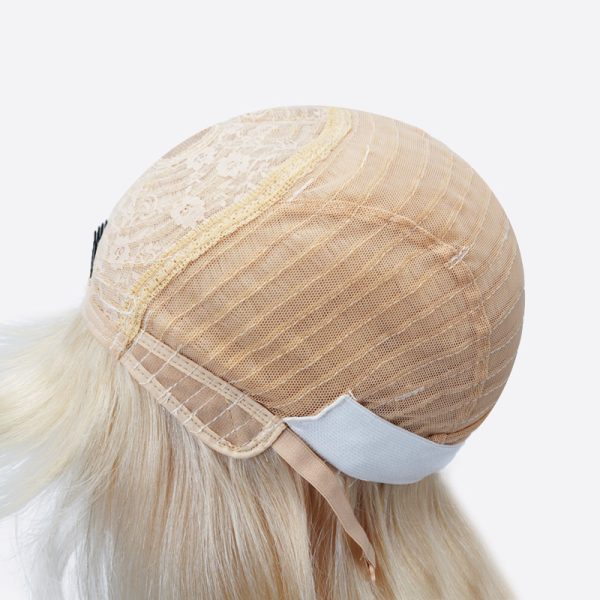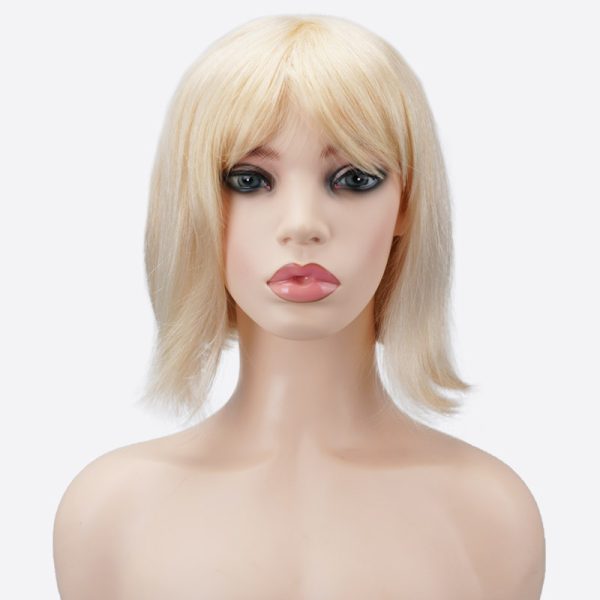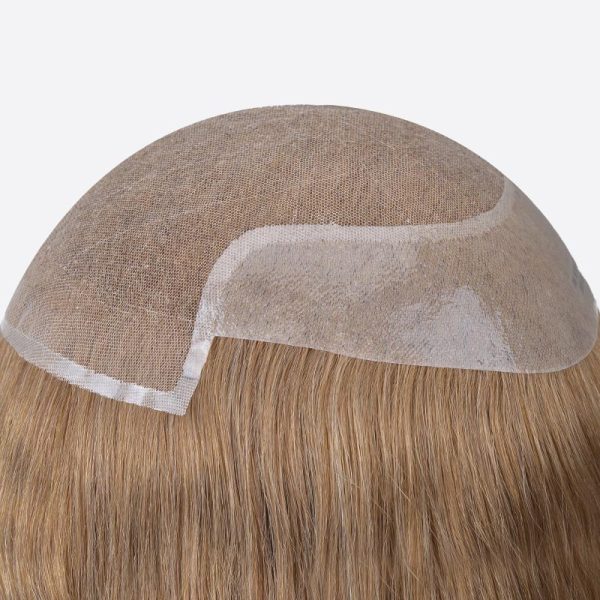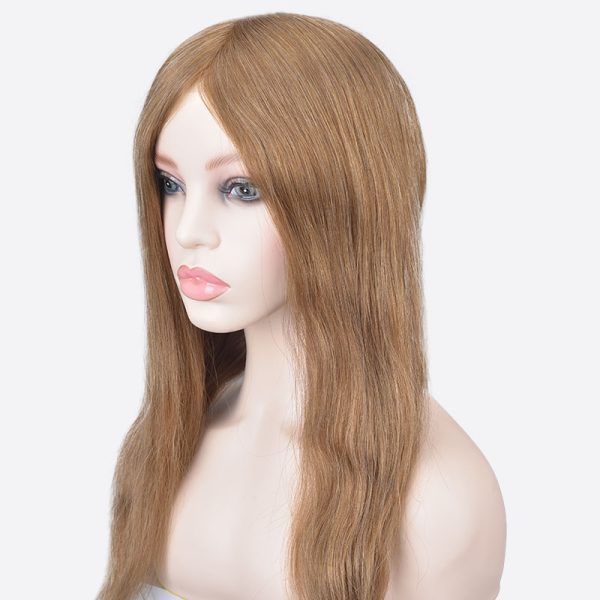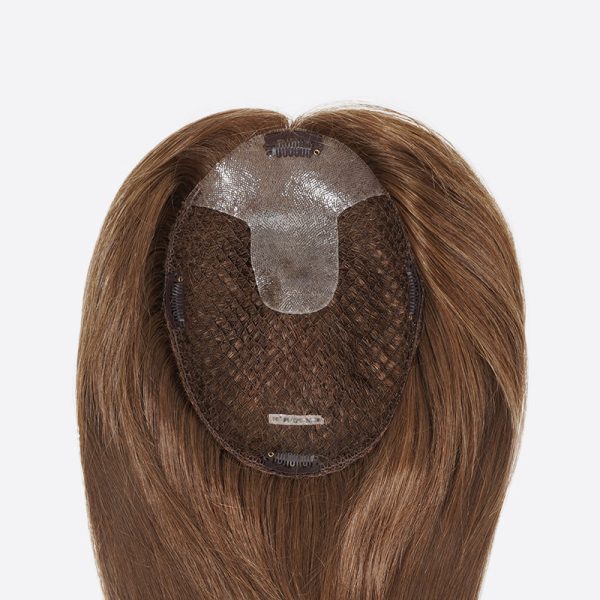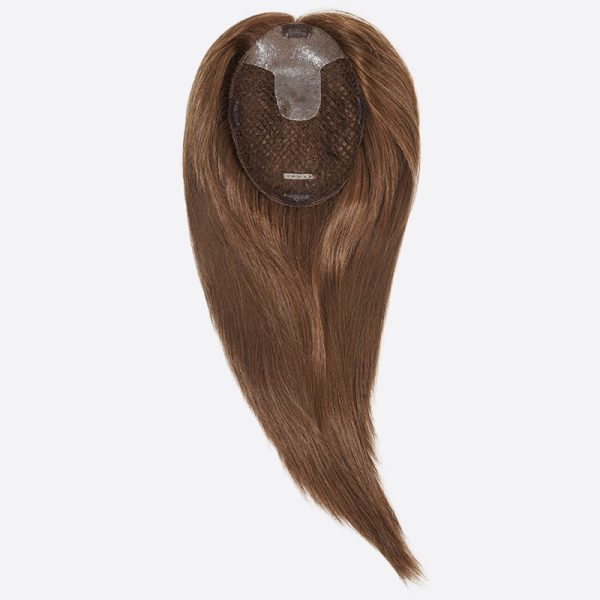Hair extensions and wigs have become immensely popular for individuals seeking to enhance their natural hair or experiment with different styles. When exploring the world of hair extensions, it’s crucial to understand the critical distinctions between three common types: Remy hair, Virgin hair, and Human hair. Each type has unique characteristics that impact quality, price, and overall appearance. This article will cover the difference between these hair types and which is best for you. We will follow the following structure to give you every detail about this topic.
Hair extensions and wigs have become essential beauty accessories, allowing individuals to transform their hairstyles and experiment with various looks. When venturing into the world of hair extensions, it’s vital to grasp the fundamental disparities between the three prevalent categories we discussed earlier. Each of these types possesses unique attributes but also has its drawbacks, which make it difficult for one to choose between them. However, if you spend time understanding each class, it becomes easier for you to pick the right one, as your choice would affect how your wig looks, how long it lasts, and how natural it appears.
Additionally, Remy hair, Human hair, and Virgin hair diverge in processing, quality, and cost. Remy hair’s meticulous handling and cuticle alignment yield superior durability and a natural appearance. Human hair varies in quality and maintenance requirements. Virgin hair remains purest, maintaining its natural state without chemical alterations. These distinctions are pivotal when selecting hair extensions or wigs to achieve the desired aesthetic and longevity.
Different Types of Human Hair
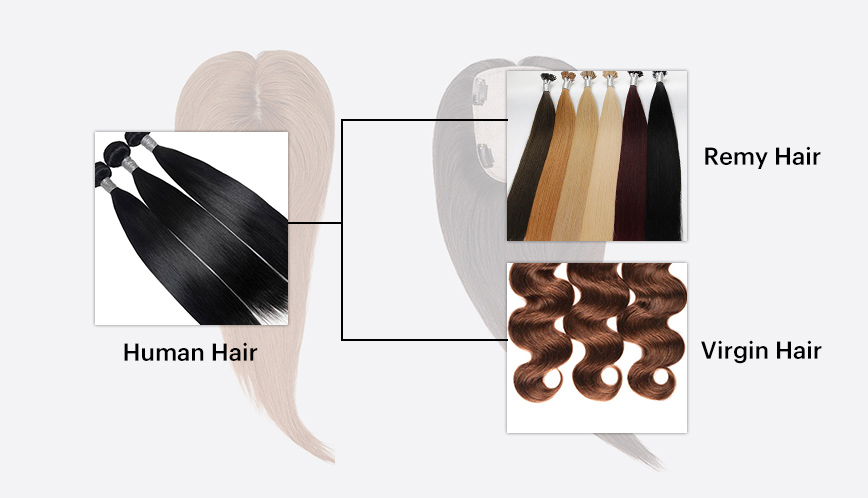
Human hair has gained immense popularity in the industry, particularly with the preference for human hair wigs. Despite the ongoing demand for synthetic and synthetic blend wigs, human hair reigns supreme due to its exceptional quality. Its versatility is another major draw, as one can style it virtually. Unlike many other hair types, human hair wigs can often withstand heat styling, straightening, and curling, making them a preferred choice for those seeking diverse styling options.
1. Remy Hair
Remy hair is a term that frequently surfaces in hair extensions and wigs, signifying a hallmark of quality and authenticity. Remy Hair’s meticulous collection and processing method sets it apart, making it highly sought after by those looking for premium hair extensions.
The distinguishing feature of Remy hair is the careful preservation of the hair’s natural cuticle alignment. During the harvesting process, the cuticles are kept intact and aligned in the same direction, resembling the natural growth pattern of human hair. This crucial detail prevents tangling and matting, resulting in a smooth, manageable, and natural-looking mane. One of the significant advantages of Remy hair is its versatility. It can be treated and styled like natural hair, allowing for various transformations. This includes coloring, perming, straightening, and curling without compromising the hair’s quality or longevity.
Remy hair comes in various textures, including straight, wavy, and curly, catering to diverse preferences. Its durability and ability to maintain a lustrous appearance over time make it a preferred choice for individuals seeking high-quality extensions that seamlessly blend with their hair. While Remy hair may be pricier than some alternatives, its exceptional quality and authenticity make it an investment worth considering for those looking to enhance their hair’s volume and style.
2. Virgin Hair
Virgin hair is a coveted and premium category within the realm of hair extensions and wigs, prized for its purity and natural authenticity. Unlike other hair types, Virgin hair has never undergone any chemical treatments or alterations, making it highly desirable among those seeking an unadulterated and genuine hair experience. Virgin is the term to describe hair that is sourced directly from a single donor without any processing, including dyeing, perming, or chemical treatments. This hair retains its original color, texture, and structural integrity, providing the most authentic and untouched look and feel.
One of the critical advantages of Virgin hair is its ability to blend seamlessly with one’s natural hair. Its pristine condition ensures minimal tangling and matting, resulting in a smooth and manageable mane. One can style, color, or treat Virgin like one’s hair, offering versatility in achieving different looks.
Due to its rarity and exceptional quality, Virgin hair is often a premium choice, commanding a higher price than other hair types. However, Virgin hair remains an investment that can deliver a truly authentic and stunning appearance for those seeking the utmost natural beauty and longevity, making it a top choice in the world of hair extensions and wigs.
3. Human Hair
Human hair, often called “real hair,” is a widely used material in the hair industry, valued for its natural appearance and versatility. Unlike synthetic alternatives, Human hair is sourced from individuals, providing a more authentic look and feel.
One of the primary advantages of Human hair is that it can easily mimic natural hair’s characteristics. It offers many styling possibilities, like cutting and coloring. Human hair wigs and extensions blend seamlessly with natural hair, making them popular for those seeking a realistic and undetectable hair enhancement solution.
However, the quality of Human hair varies depending on the source and processing methods. While high-quality Human hair maintains its integrity and longevity, lower-quality options may require more maintenance and be prone to tangling or matting.
Human hair is suitable for a wide range of applications, from creating natural-looking wigs to enhancing the volume and length of one’s hair. Its versatility and ability to withstand various styling techniques make it a preferred choice for individuals seeking a personalized and authentic hair transformation. Whether for daily wear or special occasions, Human hair remains a versatile and popular option in the world of hair enhancements.
How Do You Pick the Best Between the Three?
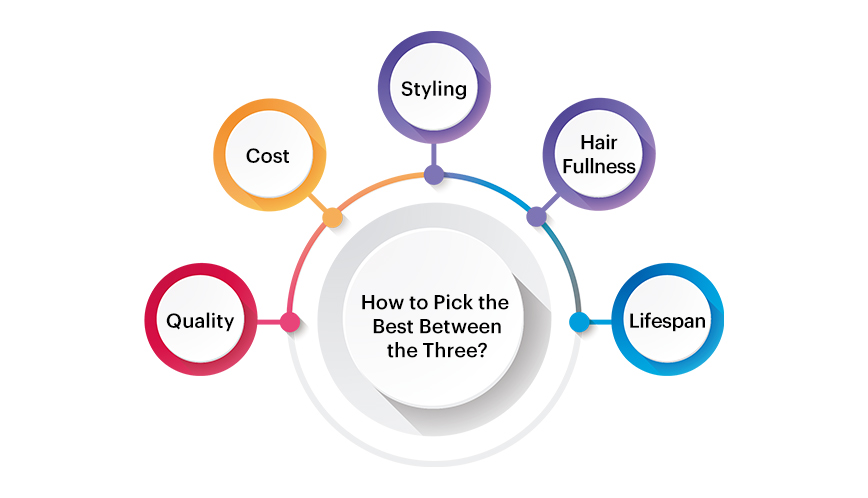
When choosing one of these options, one must consider many factors to help you evaluate which is best for you. The first and foremost factor you must consider is quality, which is crucial in defining the product. Cost, styling, lifespan, and fullness are primary factors that help you pick the best hair type.
● Regarding quality, the hierarchy typically places Virgin hair at the pinnacle, followed by Remy and Human hair. Virgin hair is the top choice for superior quality, offering unmatched styling versatility and a genuinely natural appearance. If your priority is exceptional hair quality that ensures the utmost styling options and an authentic look, Virgin hair is the optimal choice.
● Regarding pricing, despite being the most expensive option, Virgin hair offers the best value for your investment due to its exceptional durability, eliminating the need for frequent replacements. Remy hair, while not as long-lasting as Virgin hair, still provides a considerably extended lifespan compared to Human hair. On the other hand, Human hair is the most budget-friendly choice. Still, it comes with the trade-off of a significantly shorter lifespan, often necessitating multiple purchases throughout the year. Therefore, when considering the cost-effectiveness of these options, Virgin hair stands out as a long-lasting and worthwhile investment.
● In the case of styling, the hierarchy goes Virgin > Remy > Human hair. Virgin hair offers the utmost versatility, allowing for dyeing, curling, perming, and more. Remy hair permits coloring and moderate bleaching, while Human hair is the most limited, struggling with dyeing, bleaching, and heat-styling.
● Hair fullness depends on both hair density and individual strand thickness, with Virgin and Remy hair appearing thicker than processed Human hair of the same density.
● When it comes to longevity, Virgin hair’s lifespan is the longest one, lasting up to ten years, whereas Remy’s hair has a lifespan of one year, and Human hair doesn’t last for more than six months.
If one has to pick between Remy vs. Human hair, then Remy is the one, but if you have an option of choosing Remy vs. Virgin hair, then Virgin must be the choice.
Why is Virgin Hair the Most Expensive?
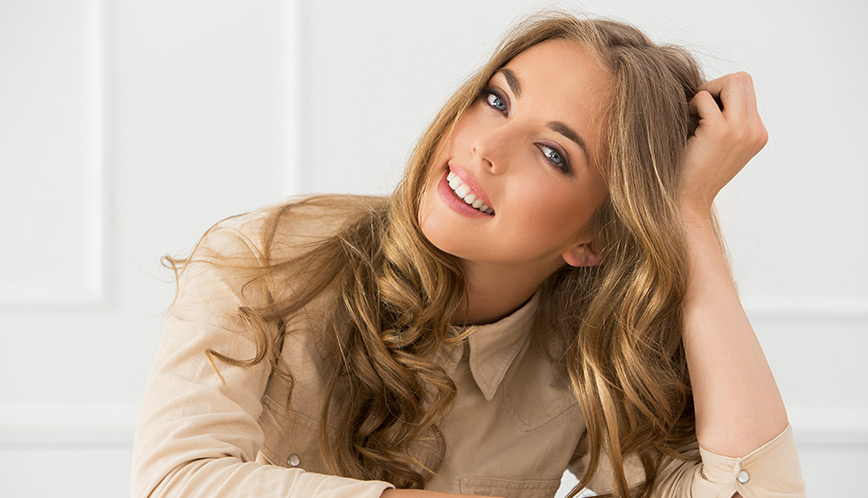
Virgin hair is the most expensive due to its exceptional purity and unaltered state. It is sourced directly from a single donor without chemical treatments or processing, preserving its natural color, texture, and integrity. This rarity and authenticity make Virgin hair highly sought after in the hair extension market. The meticulous sourcing and handling required to maintain its pristine condition also contribute to its elevated cost. The resulting hair is exceptionally durable, blends seamlessly with natural hair, and offers unparalleled versatility and authenticity that justifies its premium price.
Conclusion
While Virgin and Remy hair outshines Human hair, the latter holds value. Human hair wigs offer diverse styles, a natural appearance, and affordability to suit various budgets, with numerous quality human hair wigs available in the market. However, it’s entirely your choice which one you pick as all the three types have their pros and cons. But if you don’t compromise on quality and styling, we suggest you invest in Virgin hair. We at Bono Hair have a vast collection of extensions, wigs, and toupees made of Virgin hair that you can’t find anywhere else in the market. Hence, we encourage you to give our hair replacement systems a try.










